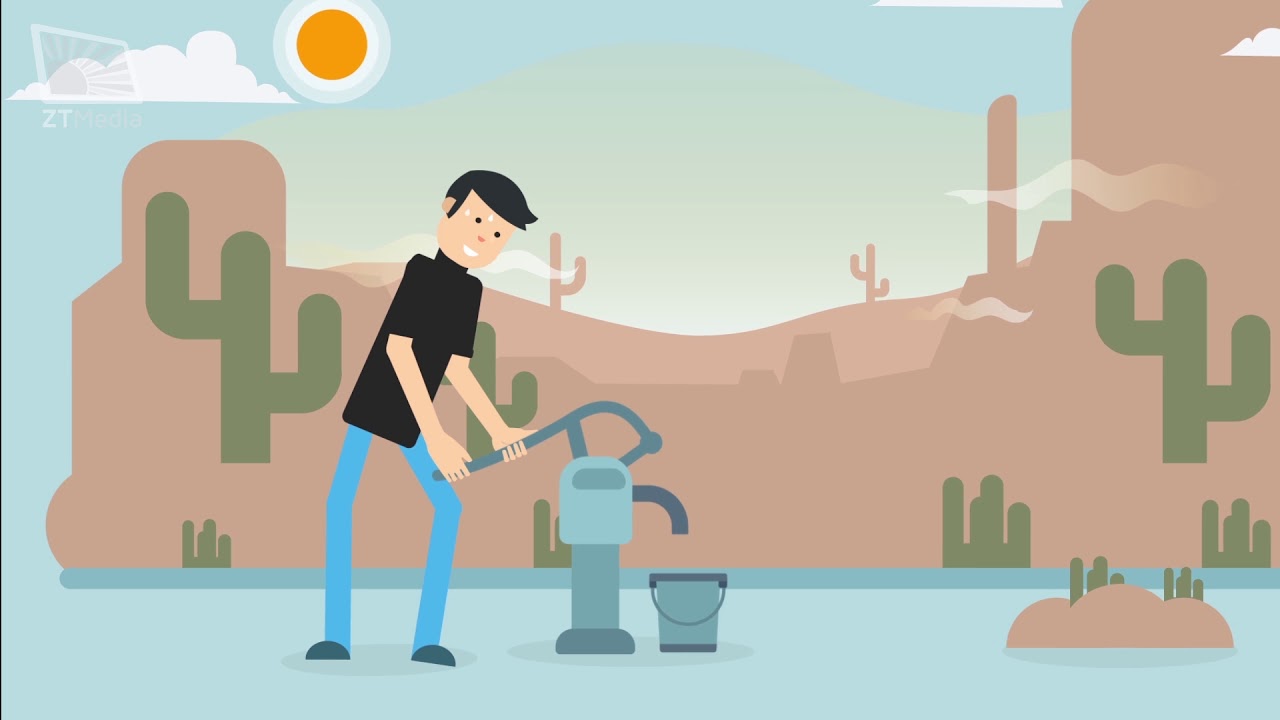
Ahkam in Brief – Tayammum
What if we don’t find water for Wudhu? What shall we do?
Tayammum; an alternative to Wudhu and Ghusl in certain situations.
How do we perform Tayammum?
Start of by making your intention, which is to seek closeness to Allah with this act.
Done! so quick and easy!
But what can I do Tayammum with?
You can do your Tayammum on earth, soil, sand, a lump of clay and stone. It’s also acceptable with gypsum, bricks, clay and with gathered dust if it’s considered fine soil.
What’s important is that, it must leave traces on your hands. For example, it is not permissible to use marble stone with no dust covering it.
What is used for Tayammum should be clean, Tahir and pure, and shouldn’t be usurped. If you don’t find any of the mentioned items, you can make Tayammum with mud. If that is not available, you can use a dusty item such as a dusty cloth.
There are a few situations in which we have to do Tayammum:

Get your games updates and charity newsletter straight into your mailbox, signup below and receive updates on how your donations are being spent.